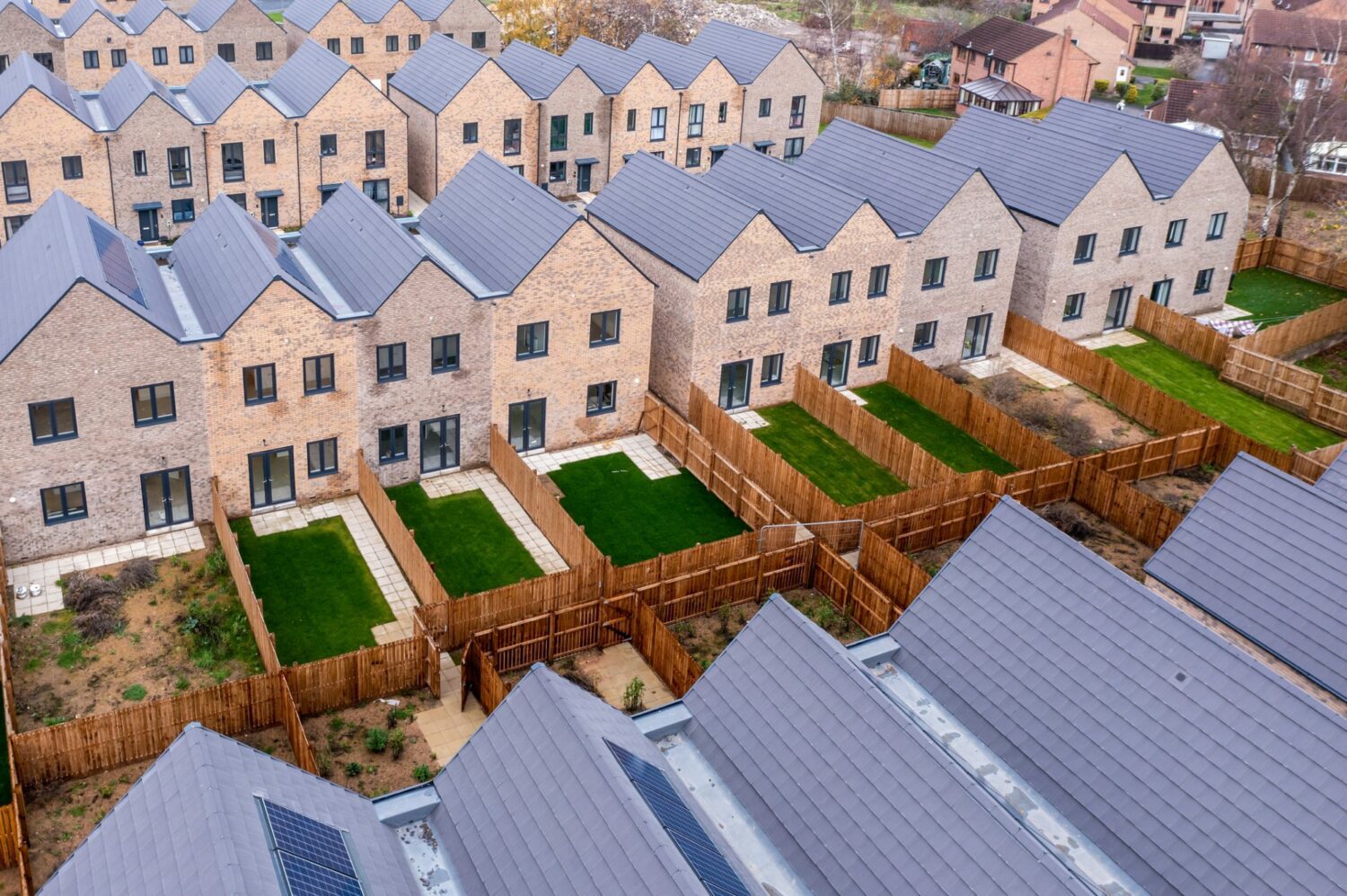Attending the Place North West RESI event this year felt like a dive into the pressing challenges and opportunities shaping the UK housing market. The ambitious target set by the new labour government of building 1.5 million new homes across the current parliament has sparked debates and action across the industry. Yet, with a striking 98% of delegates deeming this goal unattainable, the session laid bare the structural and financial obstacles that must be addressed to move the needle.
Housing Targets and Local Authorities Under Pressure
Suzanne Benson, head of real estate at Trowers & Hamlins, highlighted the intense pressure placed on Local Authorities. Out of the 200 councils outside London, 63 need to double their current output, making the government’s target feel like a distant ambition. Greater Manchester (GM), however, is taking a bold stance. Mayor Andy Burnham presented an optimistic view, framing the region’s 75,000-home goal as achievable if all ten boroughs collaborate. His vision includes requesting land from Whitehall to support social housing, a reminder of the broader socio-economic implications of housing.
Addressing Skills Shortages and Regional Viability
It was refreshing to see Burnham emphasise workforce development as a linchpin to sustainable growth. With a chronic shortage of skilled labour adding to rising construction costs, his vision for the Greater Manchester Baccalaureate could be an important step towards bolstering the construction workforce. Regional viability, too, came to the forefront, with developers pointing out the difficulty of building in certain areas where high construction costs often undermine the financial feasibility of projects.
A promising concept discussed was co-living, designed to provide young professionals with high-quality yet affordable options. Jermaine Browne, co-founder of Re Living, shared his vision for an aspirational co-living model, proving that the industry is still finding creative ways to meet demand in areas with limited affordable housing options.
Innovative Infrastructure: The Bee Network and Enhanced Connectivity
The Bee Network is one of the most promising developments announced at the conference. This transformative initiative plans to add eight new rail lines across Greater Manchester, giving residents improved access to work and leisure while reducing car dependency. Burnham’s ambitions to integrate land around stations also hold exciting potential for transit-oriented developments, which can simultaneously boost housing density and quality of life.
Housing First: Stability as a Social Solution
One of the most impactful discussions revolved around the “Housing First” philosophy, which places stable housing at the core of individual and community well-being. Inspired by Finland’s success in reducing homelessness, the approach prioritises providing people with a solid foundation, allowing them to rebuild their lives sustainably. Implementing this in Greater Manchester could reduce the £75 million currently spent on temporary housing.
Regulatory Complexity and Streamlining Processes
Benson and other panellists tackled the regulatory landscape’s growing complexity, including the introduction of the Building Safety Act. Compliance costs have doubled, adding further financial burden on developers. To counteract these issues, some have proposed privatising building safety to ease bottlenecks and called for better training for planning officers to manage increasingly intricate regulations.
Institutional Funding and the Path Forward
Funding, of course, remains crucial. Many institutional funders have recently held back, making their re-engagement essential to reach ambitious housing targets. Panellists discussed the potential of innovative financing, such as partnerships with government programmes and alternative capital solutions, to bridge funding gaps and enable long-term growth in the housing sector
Closing thoughts
Reflecting on the day’s discussions, it’s clear that collaboration across sectors is essential to unlock the UK housing market’s full potential. The insights from Place RESI reminded me that sustainable growth doesn’t come from short-term fixes but from shared goals and long-term investment in people, infrastructure, and innovation. While achieving the government’s housing target may seem ambitious, with a concerted effort and innovative thinking, we have the tools to build a resilient housing market that serves everyone’s needs.
As we move forward, the connections and conversations sparked at Place RESI will be vital in shaping a housing landscape that can weather challenges and create thriving communities.
About the Author

Johnny Leadsom
Director
Johnny began his career at a specialist risk insurance broker and became renowned for arranging insurance on a vast array of property assets across the UK. Here he gained insight on what property professionals are missing when it comes to insuring new schemes. Now Johnny is one of the Js in J3 and is regarded as the go-to insurance person by a number of the UK’s most coveted developers.





